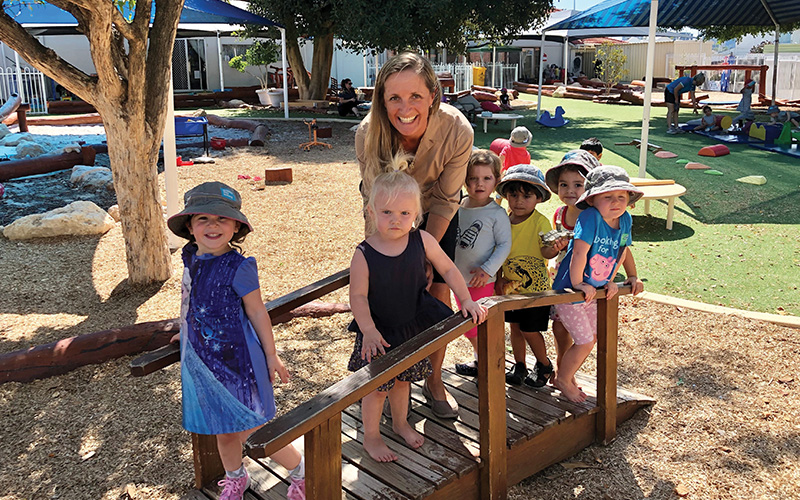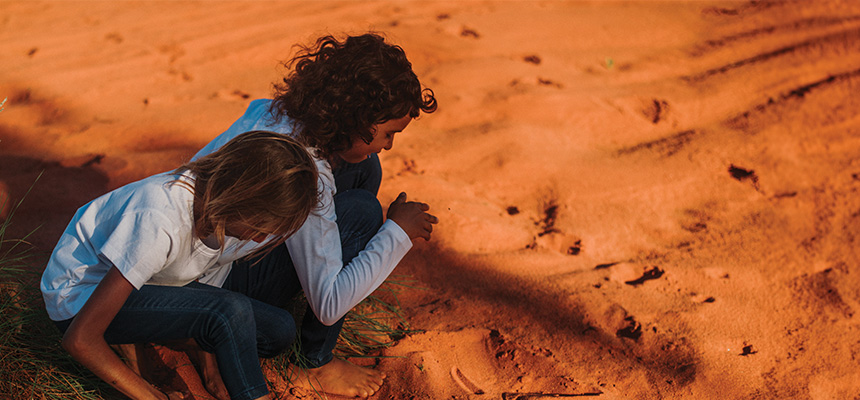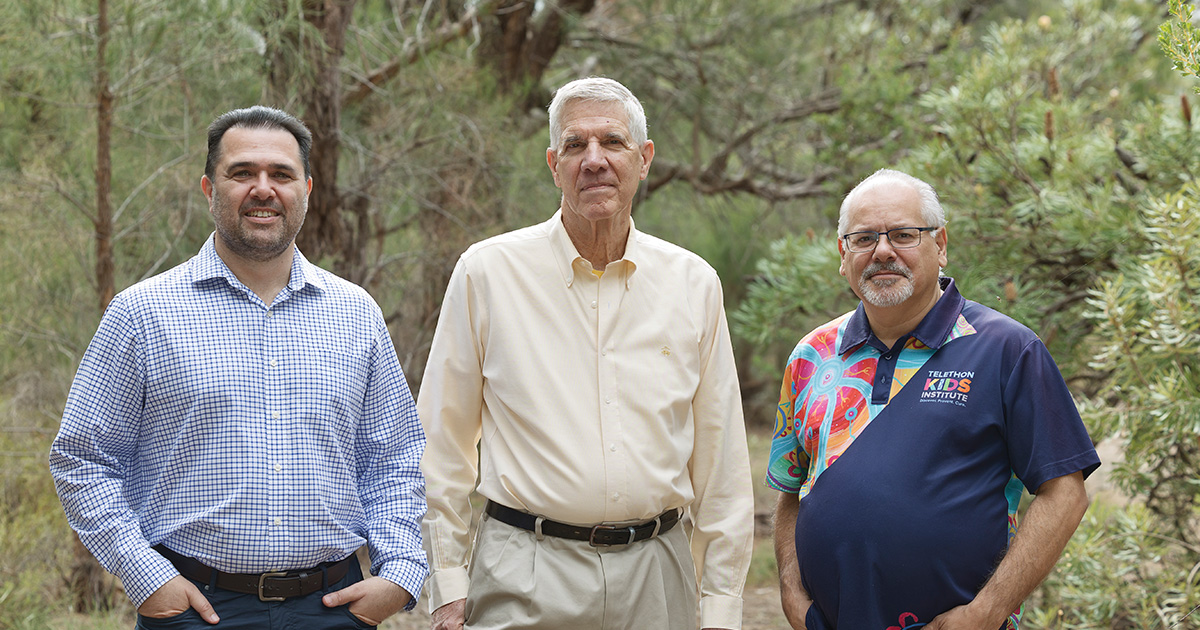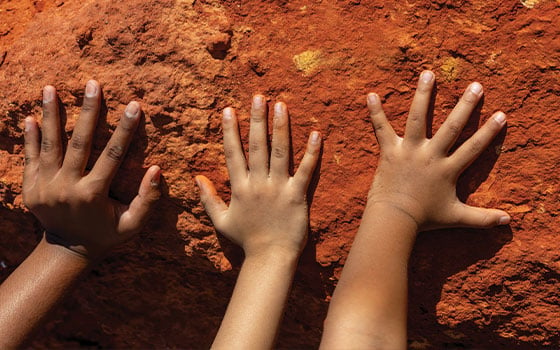Search
Research
Methotrexate-related central neurotoxicity: clinical characteristics, risk factors and genome-wide association study in children treated for acute lymphoblastic leukemiaSymptomatic methotrexate-related central neurotoxicity (MTX neurotoxicity) is a severe toxicity experienced during acute lymphoblastic leukemia (ALL) therapy with potential long-term neurologic complications. Risk factors and long-term outcomes require further study.
Research
Early detection of hearing loss for infants in Western Australia: Comparison to international benchmarksTo assess the degree to which timely audiological assessment of congenital hearing loss is achieved at our institution - Perth Children's Hospital, Western Australia, and to review cases which breached this timeframe in order to address barriers to timely assessment. The benchmark used to determine timely assessment is that set out by The Joint Committee on Infant Hearing (JCIH) in which diagnostic audiological testing occurs by three months of age for those who do not pass newborn hearing screening.
Research
Why did you do that? Differential types of aggression in offline and in cyberbullyingTraditional conceptualizations of aggression distinguish between reactive (e.g., rage) and proactive (e.g., reward) functions of aggression. However, critiques of this dichotomy have pointed out these models conflate motivational valence and self-control.

A series of fact sheets have been prepared on a number of issues relating to Indigenous suicide prevention, from our investigations and roundtable discussions.
Strengthening the capacity of Aboriginal children, families and communities
Research
KAMS MOUAs part of the discussions with Kimberley Aboriginal Medical Service (KAMS) to establish the Broome site of the WAAHKN it has been agreed to establish...

Not too long ago, if you had mentioned physical activity to educators at the Sonas Early Learning & Care centres run by Shelley Prendergast, they would automatically have reached for the trusty old obstacle course.

Aboriginal families and communities have endured the imposition of countless ‘solutions’ and had to live with the consequences of these ineffective initiatives. Those consequence are sadly evident in the unrelenting gap in outcomes for Aboriginal kids, compared with other Australian children.

In 1998, The Kids Research Institute Australia embarked on one of the most ambitious population health projects in Western Australian history.

Facilitate research interest & opportunities that involve Aboriginal families & communities and build the capacity and development of Institute researchers
